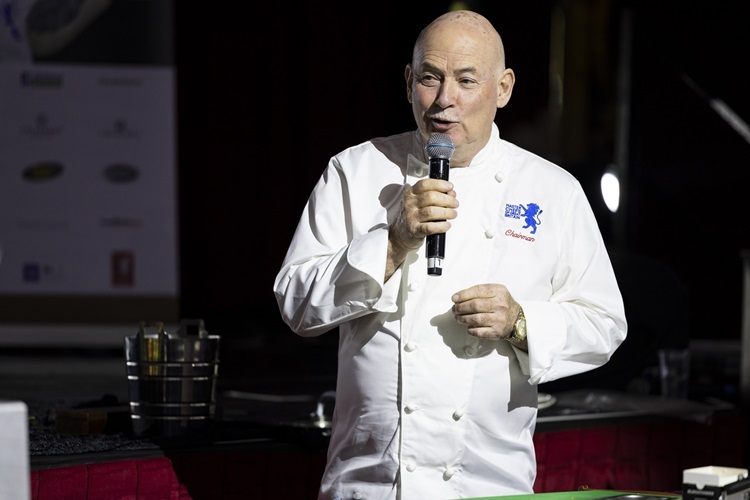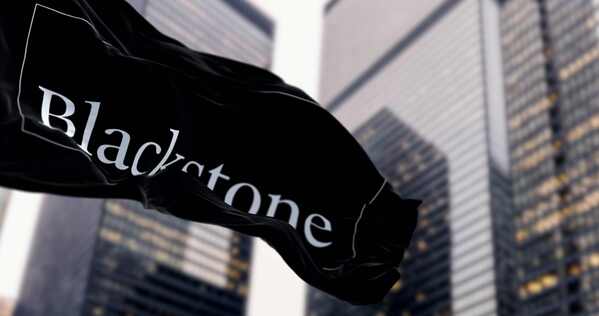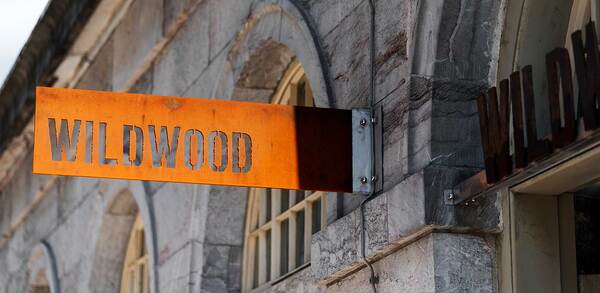Neat burger shows how fast food doesn't need meat
20 Jan 2022by Andy Lynes
Co-founder Zach Bishti talks about how the success of the meat-free brand
You need to be a premium member to view this. Join our community for just £4.99 per month, or £54.99 for a full year.
Already a subscriber to The Caterer? Login below:

















